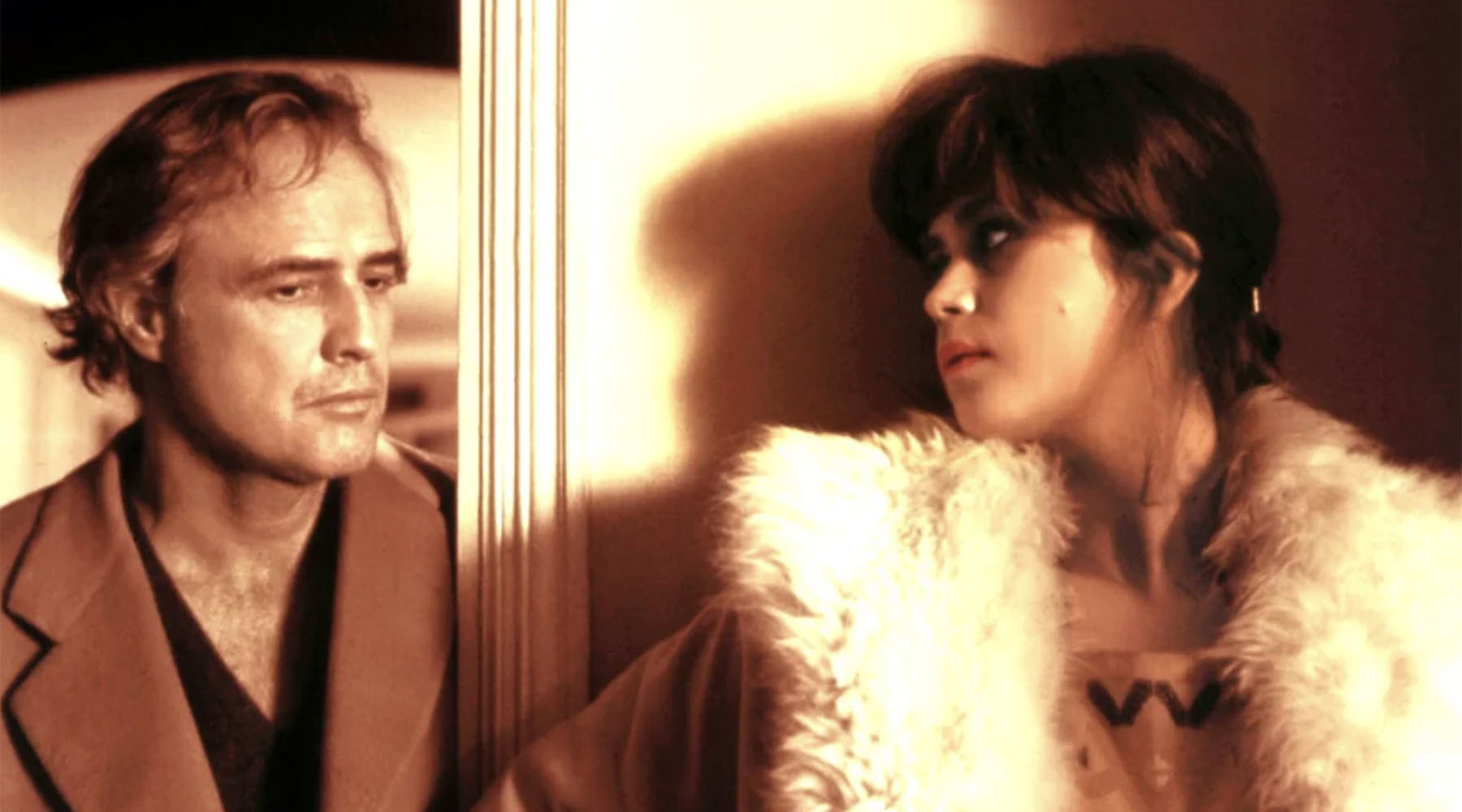The Italian authorities have revised censorship restrictions on the film industry.
“Censorship of cinema has been abolished.
We have finally overcome the control system, which previously allowed the state to restrict the freedom of artists, ”said the Minister of Culture of the country Dario Franceschini on April 5.
As a result of the innovations fixed in the Law on Cinema, it is no longer possible to prohibit the showing of the film due to its inconsistency with the norms of morality and ethics - or to require that the authors cut out certain episodes or otherwise modify the picture before release.
At the same time, Franceschini signed a decree establishing a Commission for the Classification of Cinematographic Works under the auspices of the General Directorate of Cinematography under the Italian Ministry of Culture.
The task of the commission will be to check the age classification of film products, which is determined by the distributors of the content.
The head of the newly created commission was the chairman of the State Council of the Italian Republic, Alessandro Payno.
The organization includes 49 more people.
These are experts in the field of cinema, education and pedagogy, social communication, as well as representatives of parent associations and organizations specializing in the protection of animals.
“This is a form of self-control.
We have already matured enough, "- quotes the words of the director and screenwriter, laureate of the Venice Film Festival Pupi Avati The Guardian.
In the 1970s, Avati's film Brothel fell under censorship restrictions.
At the same time, the filmmaker believes that censorship piqued the interest of viewers and made forbidden films more attractive.
© Still from the film "The Last Tango in Paris" (1972)
Censorship in Italian cinema dates back to 1914.
Since then, hundreds of films have been revised for political, moral and religious reasons.
Since 1944 alone, 274 Italian, 130 American paintings and 321 projects from other countries have been severely restricted.
In addition, for various reasons, more than ten thousand paintings were changed by the censors.
As noted in the Cinecensura study, these works represent only a small fraction of all censored films.
More tapes were "refined" during the scripting phase.
Often, partial or complete bans affected the work of independent directors such as Federico Fellini, Alberto Lattuada and Carlo Lizzani.
Similar projects from the 1950s include The Beach of Lattuada and Toto and Carolina by Mario Monicelli.
More paintings suffered from censorship in the 1960s.
Among them are such famous films as "Rocco and His Brothers" by Luchino Visconti, "The Hunchback" by Carlo Lizzani, "The Adventure" by Michelangelo Antonioni, "La Dolce Vita" by Federico Fellini.
The last film was filmed in 1960.
It received the Palme d'Or at the Cannes Film Festival, but drew condemnation from the Vatican and was banned in Italy until the mid-1970s.
In addition, as noted by the actress Laura Betti, who headed the Pier Paolo Pasolini Foundation, almost all of the director's paintings were censored.
Among them - "Trilogy of Life", which includes tapes "The Decameron", "The Canterbury Tales" and "The Flower of the Thousand and One Nights", as well as "Salo, or 120 days of Sodom."
Among the most famous uncensored films is Bernardo Bertolucci's drama Last Tango in Paris with Marlon Brando and Maria Schneider.
After the premiere of the film, the director himself, as well as other filmmakers involved in working on it, were accused of filming pornography.
They were later acquitted, but Bertolucci lost his civil rights for five years.
In addition, almost all copies of the film were destroyed with the exception of three - they were left as evidence of the charges.
Much less restrictions were imposed on paintings by the end of the 20th century.
One of the last banned projects was the 1998 film Toto Who Lived Twice.
It was considered degrading to the dignity of the Sicilians, Italy and all mankind and was banned for a while.
In the 21st century, only one film was banned from showing in Italy for censorship reasons - the horror film Doomed to Die by Raffaele Picchio.

